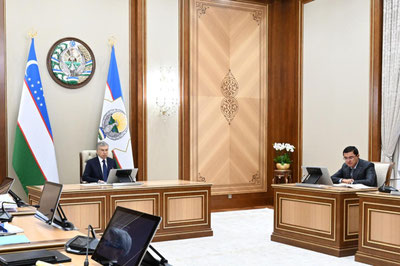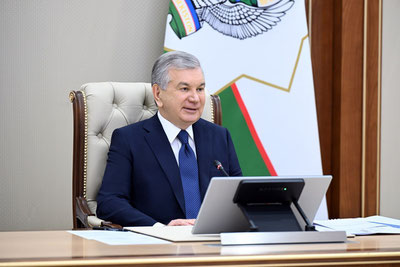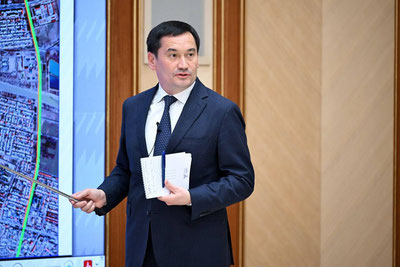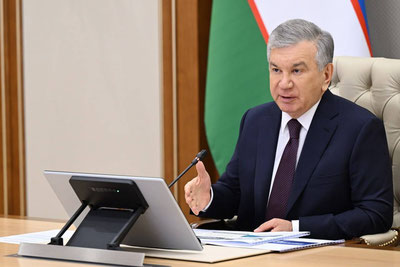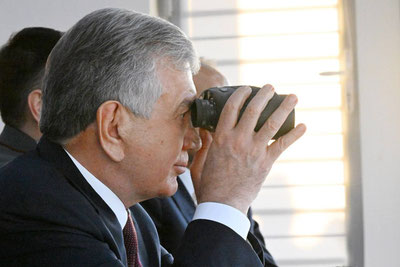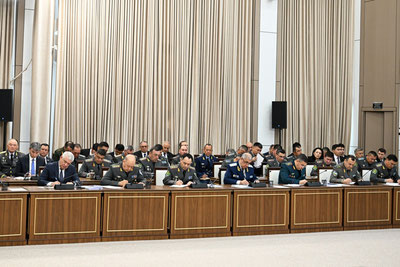In a meeting chaired by the President, the head of state pointed out that the situation of efforts to reduce poverty is not the same in all regions and districts. The President's press service reported this.
For instance, in the past six months, poverty has decreased by more than 2 percent in Andijan, Bukhara, Jizzakh, Qashqadaryo, and Khorezm, while there has been no change in Navoiy, Surkhandarya, Fergana, and the city of Tashkent. Poverty exceeds 20 percent in 15 districts of the Republic. These are – Amudarya, Beruniy, Qonliko‘l, Nukus, Taxtako‘pir, Xo‘jayli, Chimboy, Guliston, Mirzaobod, Oqoltin, Sardoba, Gurlan, Yangiariq, Yangibozor, and Tuproqqala.
Although 1.7 trillion UZS of cheap credit and subsidies have been provided to reduce poverty in these districts over three years, no change has occurred. The distribution of land to the population has resulted in double the reduction of poverty in 17 districts by obtaining 2-3 times the harvest. These are – Pakhtaobod, Baliqchi, Gurlan, Xonqa, Oltiariq, Dangara, Konimekh, Boyovut, Jombay, Shofirkon, Sh.Rashidov, Zomin, Shahrisabz, Bandikhon, O'rta Chirchiq, Bo'ka, Takhia Tosh districts.
However, in 14 districts – Qonliko‘l, Shumanay, Qorovulbozor, Peshku, Chiroqchi, Muborak, Nurobod, Oqoltin, Muzrabot, Bandikhon, Qiziriq, Ohangaron, Parkent, Tuproqqala - no significant changes are felt. District mayors, and their deputies in charge of economics and agriculture have been strictly criticized for their lack of activity in this regard.
Following the President's instructions, officials delved deeper into the issue, visiting the poorest families in the most difficult neighborhoods to understand what requires more attention they learned. In this matter, precise discussions were held with entrepreneurs in the trade, service, textile, medical, food, construction, craftsmanship, electrical, and transport sectors.
Studies show that poverty cannot be solved merely by distributing money. Currently, companies offering salaries up to 3-5 million UZS have 250,000 vacant positions. However, 35 percent of capable members in poor families lack education and skills.
43 percent of women who want to work because they are taking care of children cannot go to work. 83 percent of poor families have large gardens, but 62 percent of them have water issues, 48 percent have electricity problems, and another 50 percent struggle to get to the market in the center.

